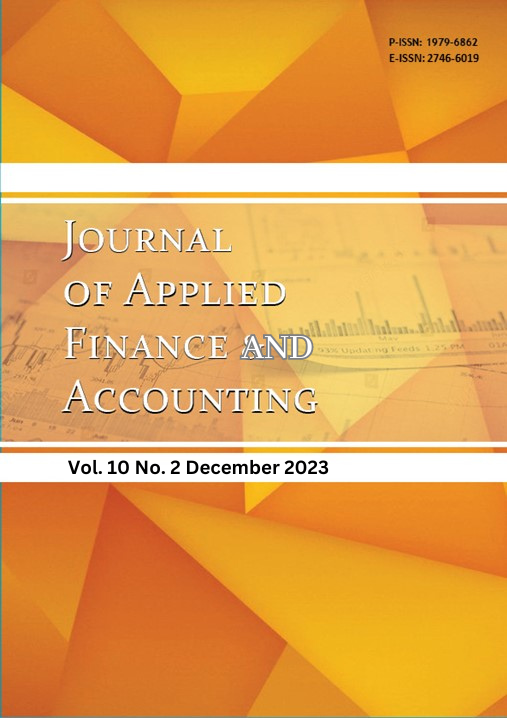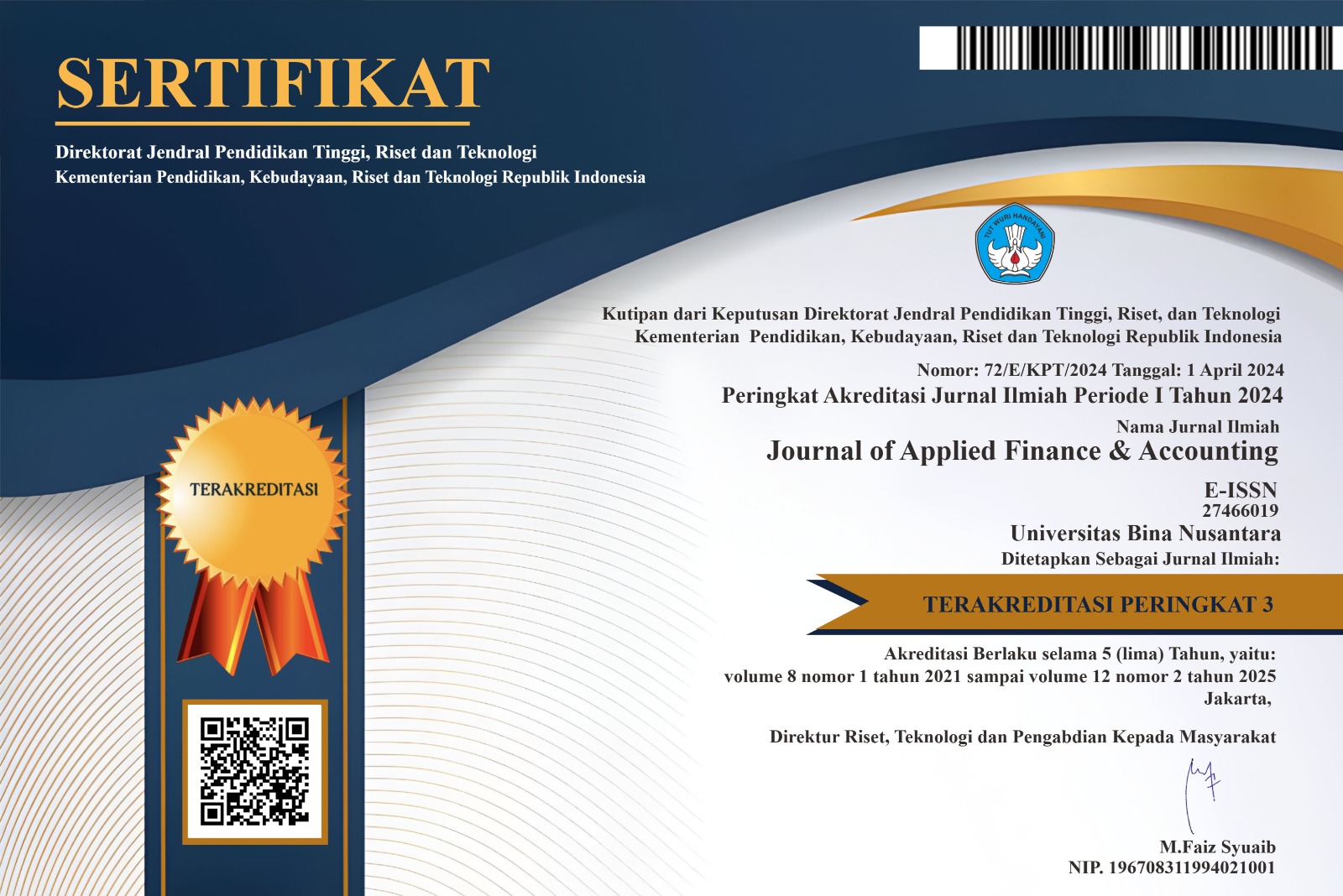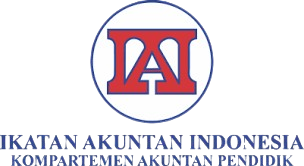THE CONCEPT OF AN ENTITY IN AN EFFORT TO SUPPORT INTERNAL CONTROL IN MSME KUNCI SOROT IN JEMBER
DOI:
https://doi.org/10.21512/jafa.v10i2.9981Keywords:
MSME, Entity Concept, Internal ControlAbstract
MSME Kunci Sorot is engaged in the film industry in Jember. The business he owns is leasing equipment needed for shooting and filmmaking. MSME Kunci Sorot are also MSMEs that have large assets by MSME standards. This causes internal control to be needed to maintain the assets owned. The research objectives are (1) an analysis of the implementation of the entity concept in the MSME Kunci Sorot and (2) an analysis of internal control in the MSME Kunci Sorot. The research method used is descriptive qualitative and uses a case study approach. The sampling technique used snowball sampling. The result of this research is that MSME Kunci Sorot still needs to fully implement the entity concept. The entity concept applied in the MSME Kunci Sorot is still very simple to record. The entity concept that has not been implemented optimally causes the applied internal control to have many weaknesses. The results of the study indicate that internal control is needed in maintaining assets owned and facilitating daily operational processes. MSMEs that tend to be simple still need internal control so that operational processes are efficient and effective.
References
Abdussamad, Zuchri. 2021. Qualitative Research Method. Makasar : CV Syakir Media Press.
Alifi, R., & Wibowo, D. (2022). Financial Management in Micro Enterprises Based on the Economic Entity Concept (Study on Micro Enterprises in the Jambangan Village). Jurnal Ilmu dan Riset Akuntansi (JIRA), 11(9).
Creswell, J. W. (2022). Research Design : Qualitative, Quantitative, Mixed Method Approach. Yogyakarta: Pustaka Pelajar.
Darmasari, Elita, and Amelia Setiawan. 2021. Analysis of Implementation MSME Internal Control in Restaurant Businesses in Singkawang City. Jurnal Ilmiah Akuntansi Dan Keuangan (FINTECH) 1(1):45–57.
Kementerian Komunikasi dan Informatika Republik Indonesia. (2022). The Government is Optimistic That 2022 Economic Growth Will Get Better. https://www.kominfo.go.id/content/detail/38657/pemerintah-optimis-pertumbuhan-ekonomi-2022-semakin-baik/0/virus_corona. 25 January 2022.
Larasdiputra, G. D. & Suwitari, N. K. (2020). Financial Management of Micro, Small, and Medium Enterprises (MSME) Based on Economic Entity Concept. Jurnal Ilmiah Mahasiswa Akuntansi. Jakarta: Universitas Pendidikan Ganesha.
Lubis, F. R.(2021). Financial Technology and Demographic Analysis of the Level of Household Financial Management. Economist: Journal of Economics and Development Studies.
Mubarakah, S. (2020). MSME Performance Effectiveness: The Importance of Internal Control and Tax Technology Adoption. Accounting journal.
Pauzi, Rizal (2022) Internal Control System for Sales Effectiveness (Case Study at PT. Catur Mitra Sukses Perdana). Diploma thesis, National University.
Sugiyono. (2021). Quantitative, Qualitative, and R&D Research Methods. Bandung: Alphabet.
Tuahuns, Rizki Ramadhan. (2022). Evaluation of the Implementation of Internal Control in the Cash Receipt and Disbursement System for Micro, Small and Medium Enterprises (MSMEs) (Case Study of Umeputty UMKM and Puttylesi UMKM). Diploma thesis, National University.
Tuli, H. (2021). Entity Concept for Housewives' Side Business. Journal of Economic Service, Vol. 1, No. 1. Law No. 20, 2008 concerning Micro, Small and Medium Enterprises.
Wijaya, Raihan Adi. (2022). Implementation of Micro, Small and Medium Entity Financial Accounting Standards (SAK EMKM) in the Preparation of Simple Fresh Laundry MSME Financial Statements in 2021. KTTA thesis, STAN State Finance Polytechnic.
Wirawan, S., Djajadikerta, H., & Setiawan, A. (2021). Application of Internal Control to 13 SMEs in Bandung. Journal of Business Administration, 10(1), 33-44.
Downloads
Published
Issue
Section
License
Authors who publish with this journal agree to the following terms:
Authors retain copyright and grant the journal right of first publication with the work simultaneously licensed under a Creative Commons Attribution License that allows others to share the work with an acknowledgement of the work's authorship and initial publication in this journal.
Authors are able to enter into separate, additional contractual arrangements for the non-exclusive distribution of the journal's published version of the work (e.g., post it to an institutional repository or publish it in a book), with an acknowledgement of its initial publication in this journal.
Authors are permitted and encouraged to post their work online (e.g., in institutional repositories or on their website) prior to and during the submission process, as it can lead to productive exchanges, as well as earlier and greater citation of published work (See The Effect of Open Access).





